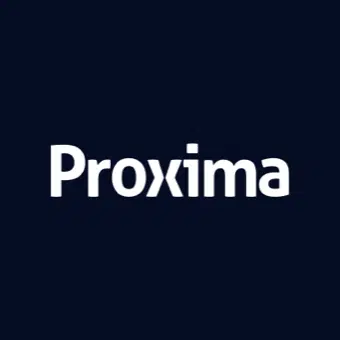Strategic procurement insights
‘People are your greatest asset’ is an age-old mantra that many successful companies embrace. A recent study, however, has found that “62% of CPOs do not believe their team has the skills and capabilities to deliver their procurement strategy, compared to 48% two years ago” (a trend that has been increasing year on year, according to the Deloitte study).
Additional commentary in the study on strategic procurement compounds this data further, suggesting that spend on training for procurement professionals has declined over the past three years – highlighting the need for some sort of skills intervention.
Strategic procurement insights
Whilst it’s tricky to point to the precise factor driving this trend (global markets are in flux, technology is disrupting the skills landscape, risk and fraud are at an all-time high etc), Proxima’s own research into the Perceptions of Procurement suggests that perhaps the capabilities the business need from procurement today are not the same capabilities required 10 years ago.
One of the key insights drawn from our research is a widely held belief by executives that the procurement function needs to increase its coverage of purchasing, however, over 60% of execs express dissatisfaction with the ability of the procurement function to influence attitudes and behaviours of internal stakeholders.
The study found that 46% of CPOs expressed very low levels of satisfaction with their own team’s ability to implement major change across their organisation acknowledging a clear lack of talent, skills, visibility, processes, tools within their function.
This is not for want or need. This data point is primarily driven by the need to try and manage all the components within the procurement operation – typically leading to fire-fighting or managing processes to keep everything running. Further, as the technology landscape changes, implementing and managing new technology and digital tools becomes yet another set of skills and capabilities needed within the team. But, if these capabilities cannot be directly connected to ROI / savings then the business views the skills as nice-to-have rather than true value adders.
Proxima’s research finds that nearly a third of CPOs expressed very high dissatisfaction levels with their strategic procurement sourcing capabilities across the full coverage of categories, and 24% expressed a very high dissatisfaction with their category management capabilities.
Further strategic procurement research:
- 50% of execs expressed low satisfaction with their businesses ability to maintain an up-to-date supply knowledge in relation to non-core (indirect) goods and services
- 37% of execs expressed low satisfaction with the capabilities around the management of second and third tier suppliers
Delivering true value across all categories under management requires specialists who know what value levers to pull and are in their respective markets regularly. Additionally, there is a need for specialisms around technology implementation / management, systems and tools and the softer internal engagement elements. Having all these skills inhouse is cost-prohibitive given they are not utilised 100% of the time (think about how often you source an enterprise ERP system) and thus ROI is dependent on projects.
Finally, new research by Oxford Economics and SAP found that “companies with higher projected revenue growth (over 10%) often have different strategies and priorities than their peers.” These executives from high-growth companies also are more likely to say strategic procurement within their companies is becoming more collaborative, embedded in other parts of the organization, and that data is being used across the company.
The future of procurement
All of these data points highlight that the capabilities needed to drive collaboration and embed strategic procurement across the business are significantly different to the hard-nosed negotiation skills that procurement leaders of the past hung their proverbial hats on.
Forward thinking procurement (business) leaders are seeking:
- Flexible specialists – who can be deployed at the right time and location (e.g. bring in an Audit specialist when your audit provider is due to be renewed, then release when the project is finished)
- Relationship managers – who can communicate with key stakeholders across the business – driving collaborative relationships
- Procurement architects – who can bring technology, people and process together to drive scale and efficiencies across the business.
There is no defined or set approach to developing your capability mix. The real answer is that your capability mix needs to be flexible and adaptive to the changing needs and pressures of the wider business.
A helpful first step is to understand your current capabilities in the context of your business aims and objectives – which is something we can help with, find out more about our Capability Assessment service here.
Procurement capabilities will come under increasing pressure as businesses look to counter fluctuating markets, increasing regulatory pressures and the continually shifting technology landscape. Getting a sense of where you and your team are now in relation to your strategic procurement capabilities, can put you in a good shape for all eventualities that may prevail over the next 12 months.

